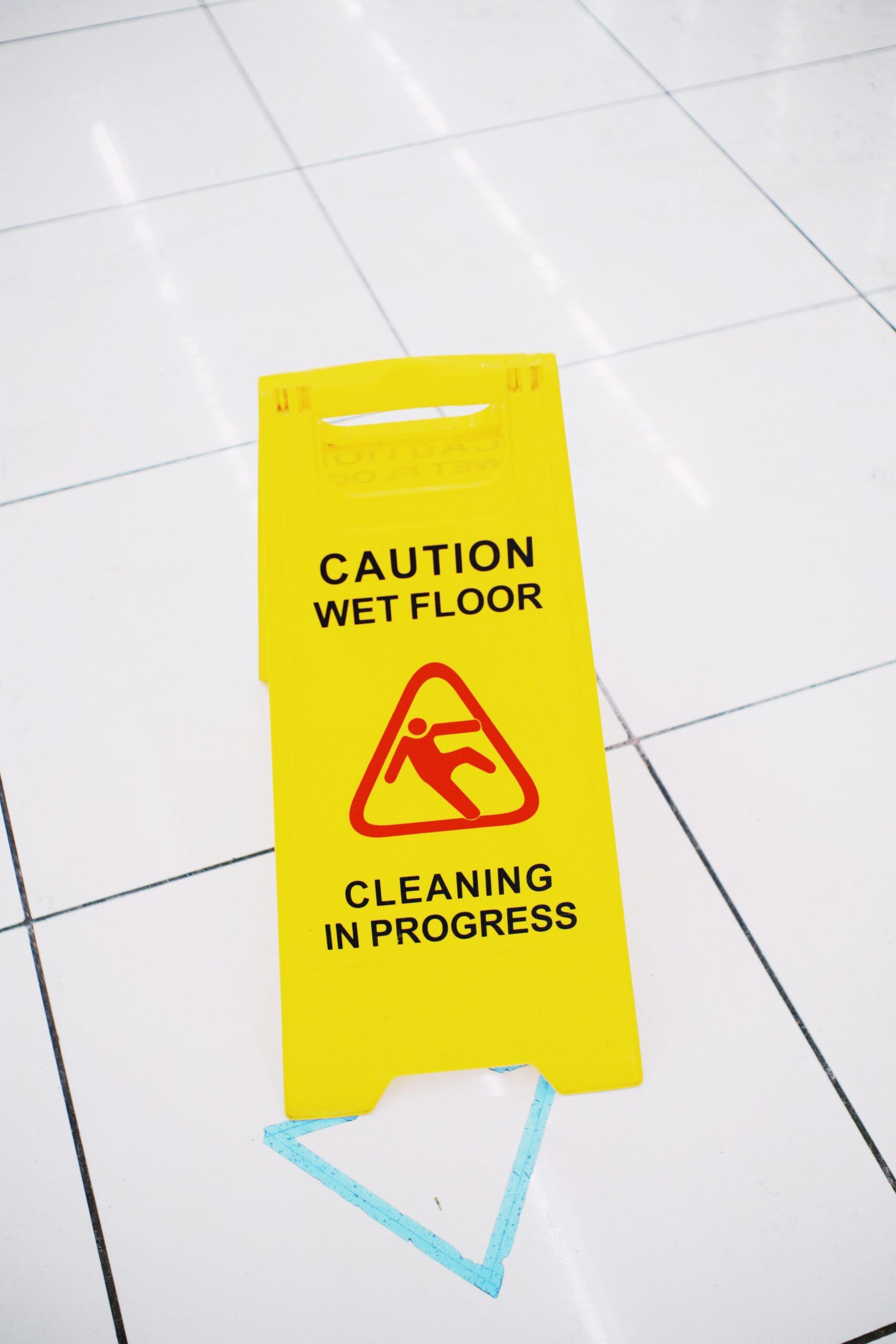Hit by a Commercial Truck in Alabama? Black-Box Data, Deadlines, and How to Protect Your Claim
Hit by a Commercial Truck in Alabama? Black-Box Data, Deadlines, and How to Protect Your Claim

A collision with a commercial truck is different from a typical car crash. The injuries are often more serious, multiple companies may be involved, and critical electronic data can be lost if it isn’t preserved quickly. If you or a loved one was hit by a tractor-trailer, box truck, or delivery vehicle in or near Mobile, here’s what you need to know about black-box evidence, time-sensitive records, and how to protect your claim from day one.
For individualized help, start on our Personal Injury page or request a free review through our Contact page. If the crash involved a car you were driving, our Car Accident Lawyers in Mobile page also has practical next steps.
Why truck cases are different
Truck crashes often involve:
- Multiple defendants: The driver, the motor carrier, a broker/shipper, a maintenance contractor, or a parts manufacturer.
- Federal safety rules: Hours-of-Service, driver qualification, inspection and maintenance standards.
- Severe injuries and property damage: Larger vehicles mean greater forces and more complex medical care.
The “black-box” and other time-sensitive records
Commercial trucks typically carry electronic systems that record valuable information, such as:
- ECM/EDR data (“black-box”): Speed, braking, throttle, fault codes, and sometimes seatbelt status and impact triggers.
- ELD logs: Hours-of-service records that can show fatigue or rule violations.
- Telematics & dashcam footage: Many fleets use forward- and driver-facing cameras.
- Maintenance & inspection records: Brake conditions, tire status, past violations.
- Load documents: Bills of lading, weight tickets, and cargo securement notes relevant to stopping distance and control.
These records can be overwritten or purged under normal business practices. Acting quickly allows your lawyer to send a preservation (spoliation) letter, formally instructing the trucking company to retain relevant evidence.
Evidence you can gather right away
- Scene photos and video: Vehicle positions, skid marks, damage, lighting, weather, and road design.
- Witness contacts: Names, phone numbers, brief statements if they’re willing.
- Police and incident numbers: Essential for later record requests.
- Medical records and receipts: ER visit, imaging, prescriptions, therapy—start a folder and keep everything.
Common causes—and how evidence proves them
- Fatigue and Hours-of-Service issues: ELD logs, dispatch records, fuel receipts, and GPS can reveal excessive driving.
- Poor maintenance: Brake and tire inspections, repair invoices, and prior defect citations.
- Unsafe turns and lane changes: Dashcam and third-party video, mirror settings, and point-of-impact analysis.
- Improper loading: Load records and photos indicating shifting cargo and stability problems.
Mistakes to avoid
- Giving recorded statements before you understand your rights.
- Repairing or disposing of your vehicle too soon; it may contain crucial data and physical evidence.
- Posting on social media about injuries or the crash.
- Delaying medical care, which weakens documentation and can jeopardize health.
How a truck-crash lawyer helps
An experienced attorney will:
- Move fast to preserve black-box data and video.
- Identify all potentially responsible parties and insurance policies.
- Coordinate medical documentation to reflect the full scope of harm.
- Handle communications with multiple adjusters and defense teams.
- Prepare your case for negotiation or trial while you focus on recovery.
For a no-pressure review, start with our Personal Injury page or contact us. If your crash involved a passenger vehicle, see our Car Accident Lawyers page for additional guidance.










